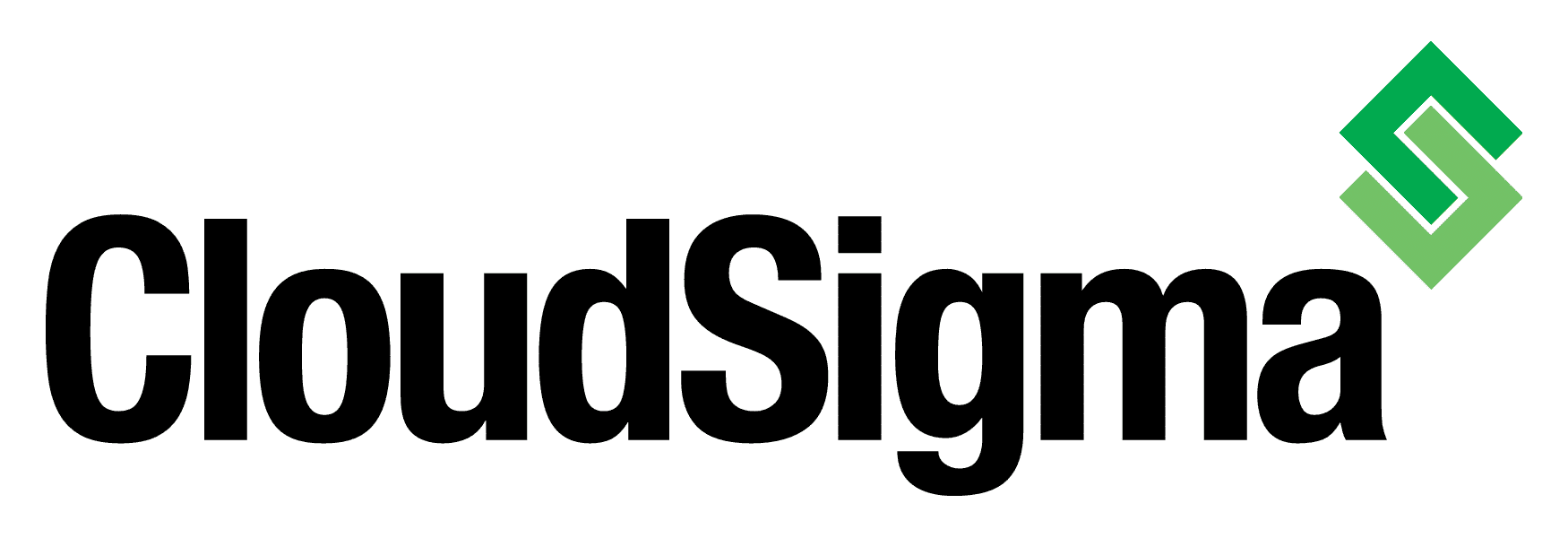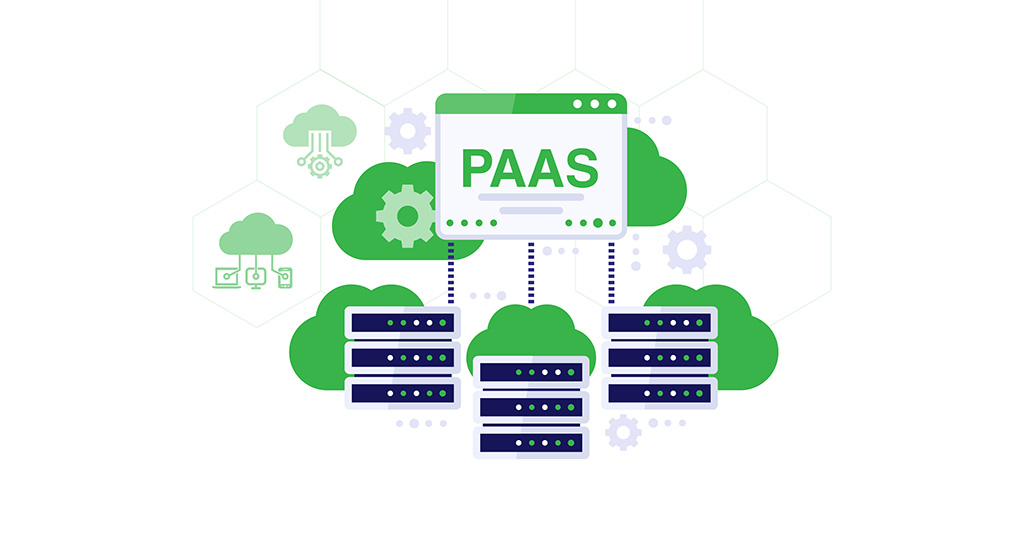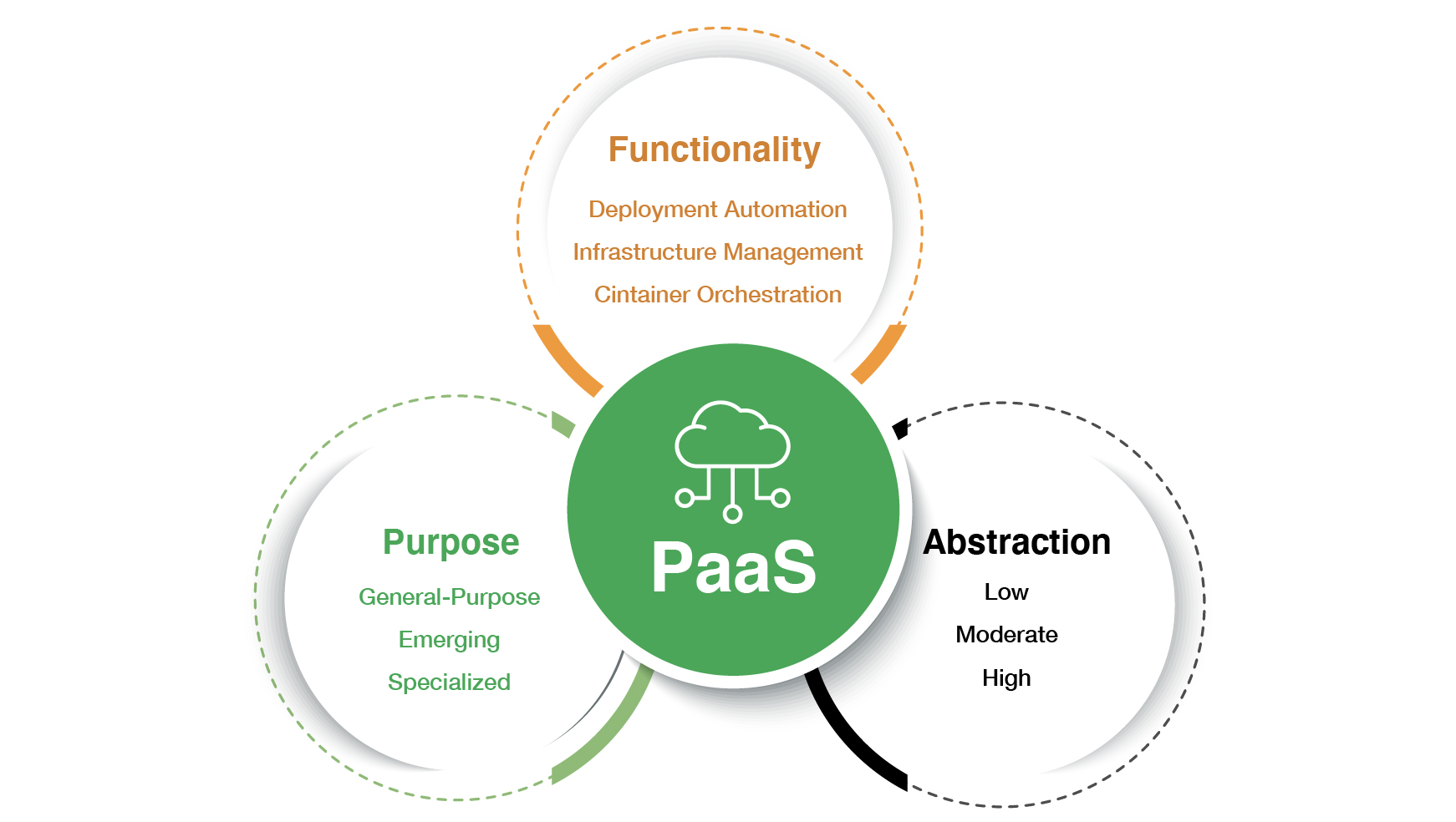PaaS stands for Platform-as-a-Service. These platforms serve to provide cloud computing services to modern businesses. However, there is no singular, one fits all definition for everyone. There are various aspects that are unique for different types of PaaS cloud solutions. Similarly, even the way we define cloud computing service models varies from case to case.
Generally speaking, PaaS is a cloud hosting platform that can be hosted on-premises or in a shared environment. You can use various integrated tools for deployment, scaling automation, application management, and DevOps purposes. The reason why most companies are turning to PaaS solutions in recent times is that it makes cloud computing infrastructure extremely simple and straightforward. In conjunction with the various available tools, you can manage your operations with relative ease.
So, how exactly can you go about selecting the ideal PaaS model for your business? In this guide, we shall explore PaaSes through three different lenses:
- Purpose
- Abstraction
- Functionality
Categorizing PaaS Based on Purpose
PaaS platforms are constantly undergoing modifications and improvements in order to provide users better tools that facilitate the delivery of a specific purpose or service.
Based on the purpose, we can categorize PaaS platforms as general-purpose, emerging, and specialized:
- General Purpose PaaS Platforms
These PaaS platforms are traditional and offer the classic ‘lift and shift’ approach for the purpose of migrating workloads. With time, general-purpose PaaS platforms are starting to implement modern technologies and microservices that serve to make them more scalable and foolproof.
- Emerging PaaS Platforms
Emerging PaaS platforms serve to bring new approaches and ideas to the table. For example, serverless, distributed event processing or machine learning frameworks are features of emerging PaaS platforms.
- Specialized PaaS Platforms
Specialized PaaS platforms are highly specific and focus on particular use cases. For example, you may find specialized PaaS platforms targeting businesses in the e-commerce sphere. You may find that these platforms are further categorized into the likes of CMSaaS, eCommerce-as-a-Service, DBaaS, BPaaS, etc.
PaaS Levels Based on Abstraction
Newer PaaS solutions are now focusing more on full-cycle automation of the app deployment and delivery process. The goal is to have the machine handle the routine or complex tasks like load balancing and leave you to deal with the app design and its implementation.
There are three levels of abstraction in PaaS:
- Low Abstraction PaaS Platforms
Like Container-as-a-Service solutions, low abstraction platforms have little automation. Hence, if you need control over the deepest infrastructure configurations, container, and platform settings, low abstraction models are preferable.
- Mid Abstraction PaaS Platforms
Mid-tier abstraction takes off the load of dealing with infrastructure configuration and management. Instead, you have access to the likes of APIs, frameworks, midware software stacks, and Container-as-a-Service/Infrastructure-as-a-Service deployment properties. As such, things like load balancing, backup, disaster recovery, scaling, and other management features will be automated.
- High Abstraction PaaS Platforms
High abstraction PaaS platforms will abstract not just the configuration or management features, but also the coding process. As a result, your DevOps team will receive a fully abstracted application with a configured technology stack at the platform and infrastructure level. This helps reduce costs, improve delivery speed, and increase productivity.
Maximizing PaaS Functionality with Integrations
PaaS platforms allow users to integrate a number of configuration tools, delivery services, connectors, and plugins so as to supplement their IDEs. The goal is to increase the functionality of the environment and automate the application management operations.
There are three main approaches here:
- Deployment Automation
Many PaaSes offer one-click or git-push tools and services that enable users to perform deployment automation with ease. Additionally, you also have at your disposal many integrative project management tools as well as code-building environments that are pre-configured.
- Infrastructure Management
These are PaaSes that prioritize giving users the capability to perform infrastructure configuration and easily perform upgrades and maintenance. You have services and tools that supplement platform security, allow for health and availability monitoring, enable cost optimization, and let you do regular performance checks.
- Container Orchestration
Platforms that are geared towards container management are ideal for individuals who want to simplify the containerization process in the cloud. In fact, you may find that some PaaS solutions offer a specialized Container-as-a-Service which comes associated with a set of particular DevOps tools.
Choosing the Right PaaS Type
When making your decision, make sure that you keep some points in the forefront of your mind. For example, an ideal PaaS platform should be able to support programming languages and technologies that most contemporary companies, or at least your business, are currently using or will be used in the future.
Additionally, you need to take into consideration vendor and data lock-in. Many businesses find out after the fact that their PaaS offers limited access to middleware stacks which has a negative effect on application portability. This is primarily because of the proprietary design of the tools and services. If you are concerned about the feasibility of shifting to a new cloud or implementing a multi-cloud interoperability strategy, then it is best to look for a PaaS which makes data storage and migration simple. Lastly, you need to be aware of what DevOps tools and integrations the PaaS offers before you commit to a provider.
As we have already demonstrated there is no “one-size-fits-all” technology for every project. However, having a wide variety of options at your disposal allows you to customize your platform and mold it into being exactly what you need. Contemporary cloud services like CloudSigma PaaS give users a lot of freedom in that regard, enabling you to facilitate delivery processes and amp up application productivity.
CloudSigma’s next-generation container-based cloud platform provides you with freedom of choice when it comes to cloud services, DevOps tools, and container management systems. You can learn more about our PaaS service right here. Do not hesitate to get in touch with us if you have any questions or queries.
- 5 Tips to Achieve Optimal Cloud Computing Cost Efficiency - October 31, 2022
- CloudSigma Empowers Blockchain Infrastructure Provider with a Green, Reliable, and Cost-Efficient Cloud Platform - October 27, 2022
- Whitech Launches New Egypt Cloud Computing Offering, Powered by HPE and CloudSigma - October 17, 2022
- Key Aspects of Protecting your Data in the Cloud - September 20, 2022
- How to Configure MongoDB Replication and Automated Failover - September 19, 2022



